Hot Off the Press: Punch Up
Reading plays is not only for actors who need monologues for auditions or for producers in search of their next show. It’s for theatre lovers who can’t get out to the theatre, or who’ve heard about a play that’s not being presented in their city, or who want to return to a story they loved watching unfold on stage. It’s for anyone who feels like they don’t have the time to read novels, or who skim over the long descriptions in novels to get to the dialogue. Reading plays is for anyone who likes to read.
What makes you laugh? And how much energy can you devote to thinking about what makes you laugh before the things that were once funny become completely boring and tedious? These are the questions Kat Sandler was asking in the early months of 2014 as she was writing Punch Up, which went on to earn rave reviews at that year’s Fringe Festival.
Punch Up is classic Sandler: funny, fast-paced, and hinging on a combination of guileless curiosity and genuine darkness. It tells the story of a misfit loner who holds a comedian hostage in a misguided attempt to learn from him how to make a suicidal woman laugh. “It’s got a pretty dark premise, unless you tell it like a joke, which is my favourite version of pitching this play,” she says. “The most pathetic man ever kidnaps the funniest man alive to make the saddest girl in the world laugh.”
As the comedian tries to teach his captor to be funny, the two men cycle through a brief history of comedic performance. The choice to look back on routines like “Who’s on first?” came in part from tastes imparted by Sandler’s dad, she says. “Mel Brooks and Carl Reiner do a bit called ‘The 2000-Year-Old Man’ that my father used to make me listen to. He used to play that tape in our carpools, which was infuriating. But that’s kind of where I got the bug to see if I could write something in that older style.”
Writing about comedy can be tricky; you don’t want to kill a joke by over-analyzing it. “It’s dangerous to do that, to dissect comedy in that way,” she says. “Everyone was like, ‘You can’t write a play about comedy, because there’s no way it will end up being funny.’” But the kinds of intricate conversations the characters have about what makes something funny will be familiar to comedians. Working to refine the specific elements that go into a good joke is part of the job. “Look at stand-up,” Sandler says. “It took me years to realize they weren’t just making that up. It’s a routine, it’s a set, it’s been practised and studied, and they’ve tried it out on tons and tons of different people, and figured out where the beats are, and where the pauses are, and what expression you need to have on your face when you deliver a certain joke.”
Like the comedy at the centre of Punch Up, a lot of what feels spontaneous and natural in the play is the result of lots of work. “Most of the really funny things we found in rehearsal, just from experimenting,” Sandler says. One gag in particular involved a great deal of investigation. “We played around with whoopee cushions for literally four hours, to see where the best places [were] for those fart sounds,” she says. “Just a bunch of grown-up professionals, sitting on whoopee cushions with different timing.” Another naturalistic element of the play comes from the way the characters interact; they’re frequently talking over or interrupting each other. That, too, only sounded real and spontaneous after hours and hours of experimentation in rehearsals.
Because all of Sandler’s plays change so much in the rehearsal process, she says it’s challenging to put them down on paper in a fixed, unchangeable form. “I was super nervous about having [Punch Up] published, because it changes so much,” she says. “I was like, is this a definitive version?” In her forward, she wrote a note encouraging the show’s future directors to experiment with its humour, to feel free to move jokes around or substitute them with something else. Part of that choice came from the experience of putting the show on in Ottawa and in Cape Breton. “Those are very different audiences,” she says. “A joke we might have cut here played better there. That’s the exciting thing about any kind of comedy: you never really know what people are going to find funny until you do it.”
About the Play
Duncan has always been a pretty boring guy, leading a simple life while working at a bread factory. Then he stumbles upon Brenda, a sad young woman who’s about to end her life. Convinced he’s fallen in love, Duncan strikes up a desperate deal: if he can get her to laugh, she’ll give life another shot, but if she doesn’t even giggle, he’ll help her go through with her plan. There’s just one catch: Duncan isn’t funny. At all. So he borrows Pat, his second-favourite comedian, to help him come up with the perfect routine. But Pat is having a hard time mustering his sense of humour after a bad break-up, and the last thing he wants to do is teach a lonely loser the difference between knock-knock jokes and schadenfreude while chained to a typewriter.
A tragicomedy of three misfits, Punch Up navigates a hostage situation and a life-or-death comedy lesson to show just how far we’ll go for a laugh.
About the Playwright
Kat Sandler is a prolific playwright, actor, and director. She is the artistic director of Theatre Brouhaha, which was founded in 2010 and strives to create dark and funny entertainment. She has written several plays, including Delicacy and Mustard, which was nominated for six Dora Mavor Moore Awards including Best New Play. Kat was part of Tarragon Theatre’s Playwrights Unit from 2014–2015. She lives in Toronto.

Punch Up was first presented at the 2014 Toronto Fringe Festival.
Click here for more information or to purchase Punch Up
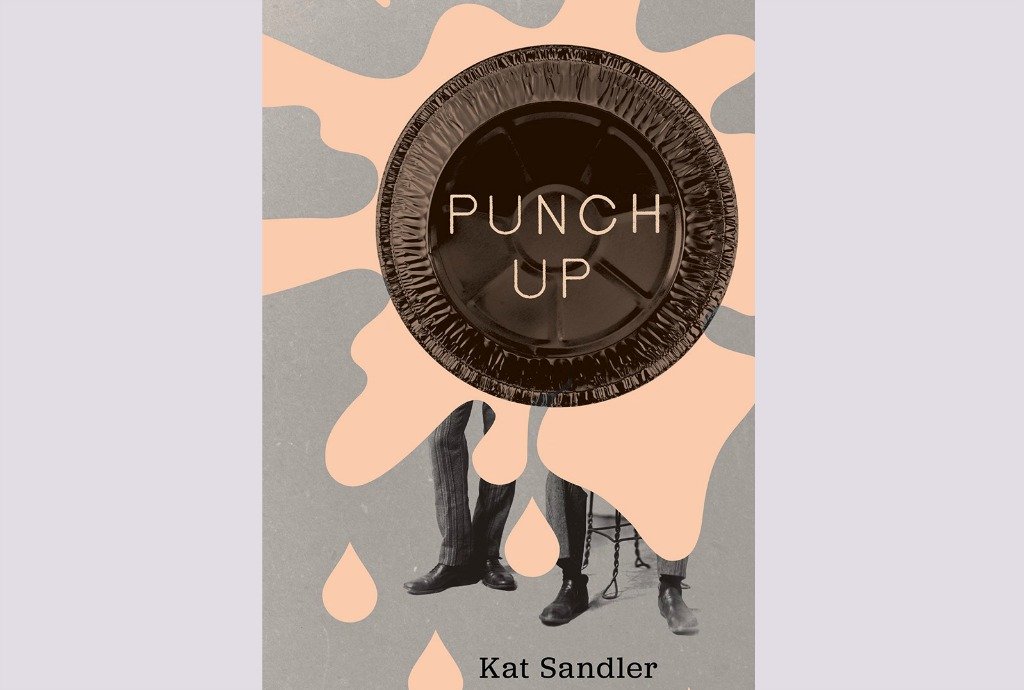
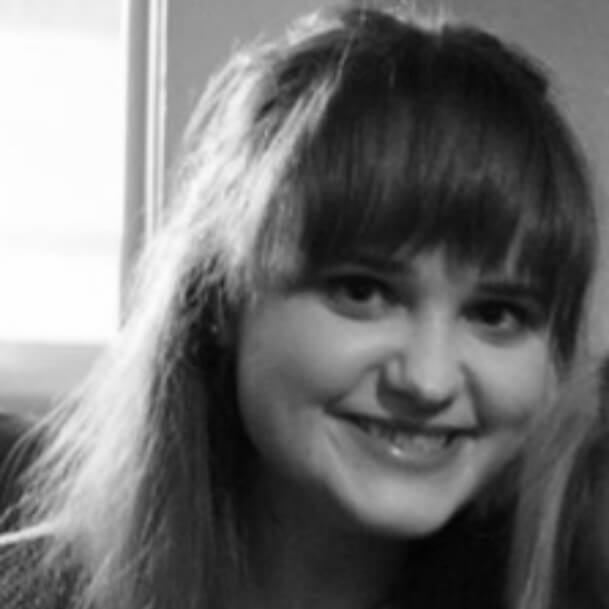
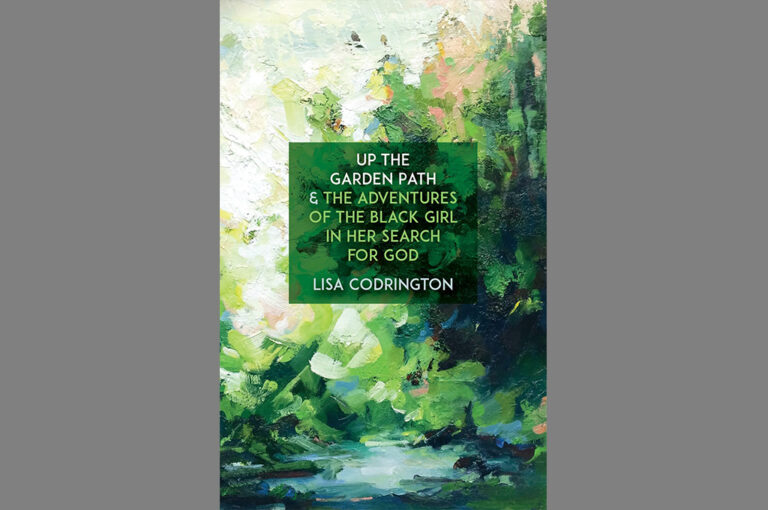
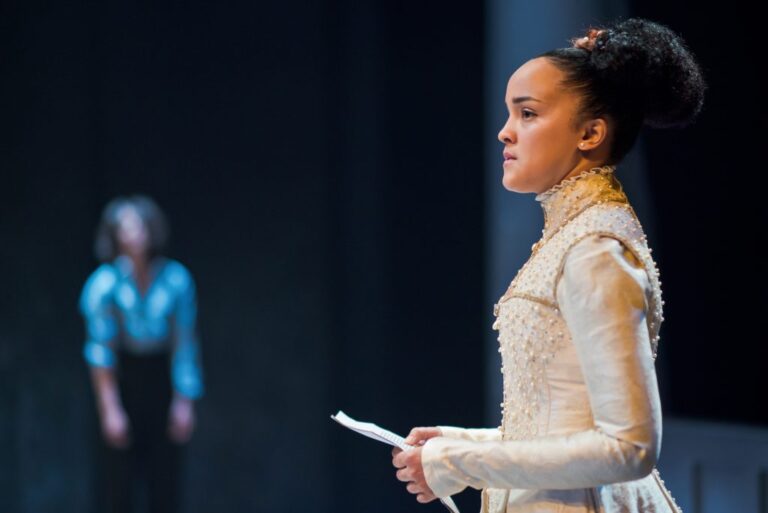
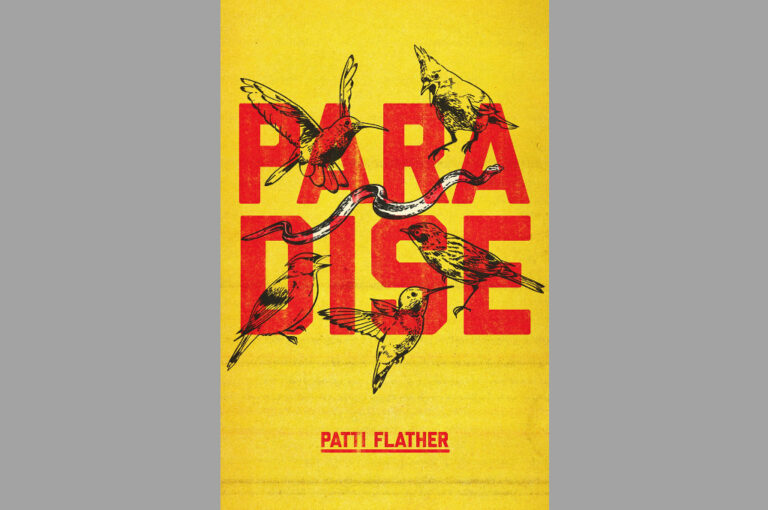

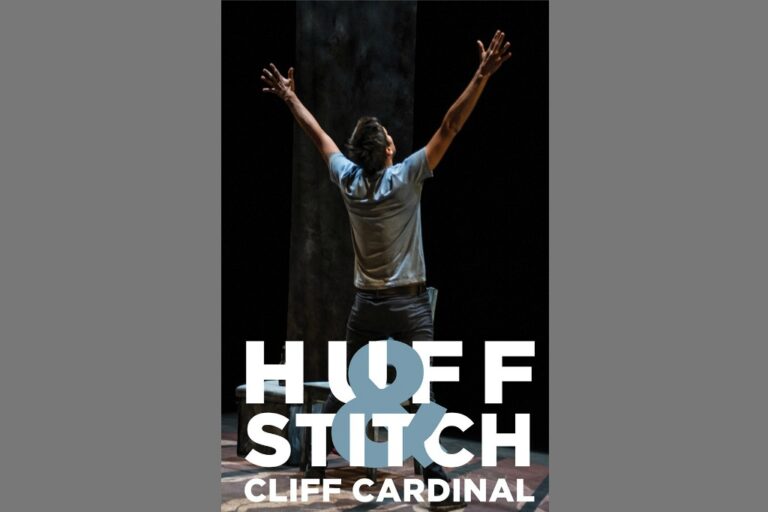
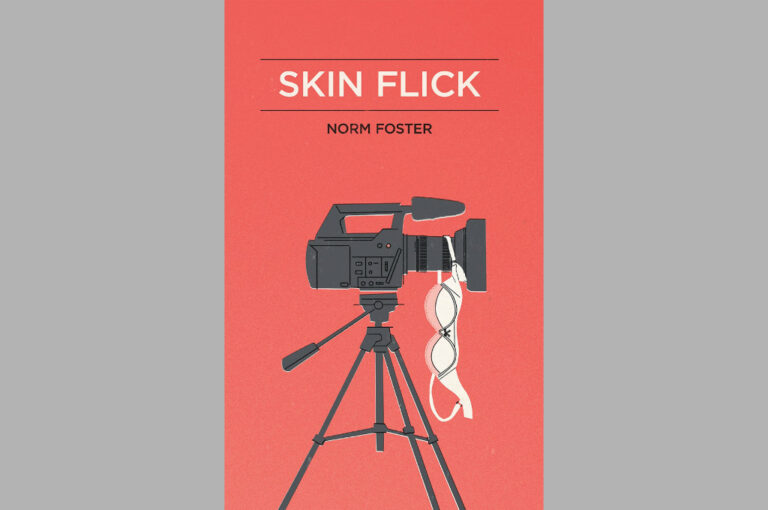
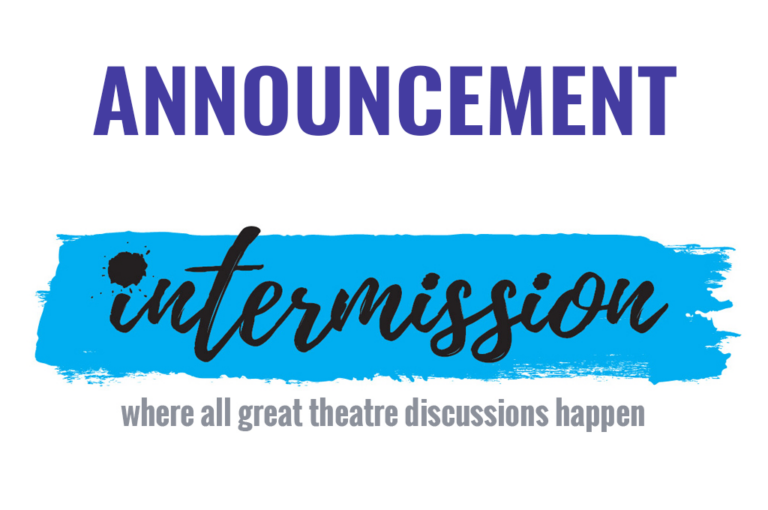

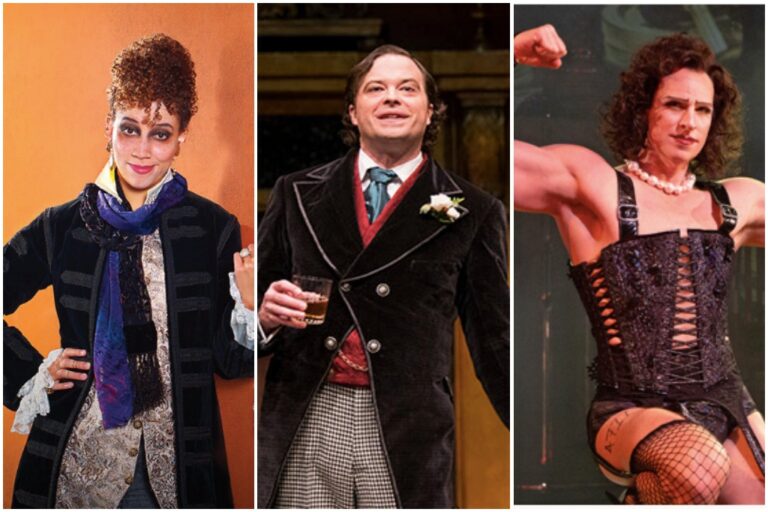


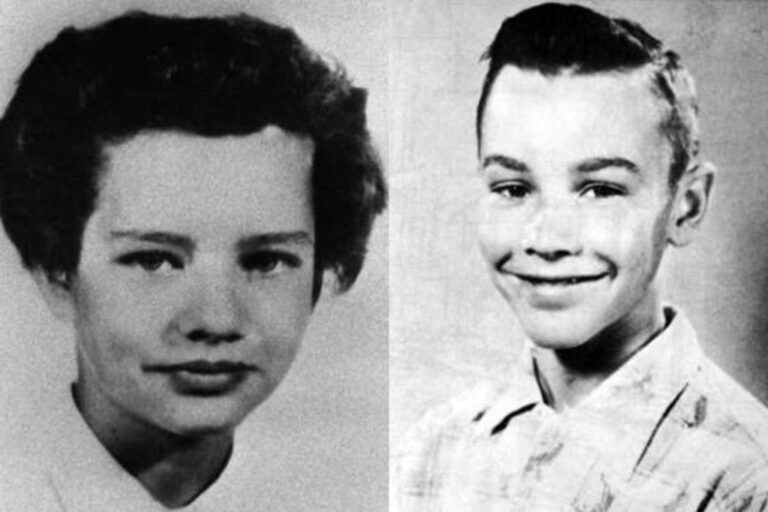
Comments